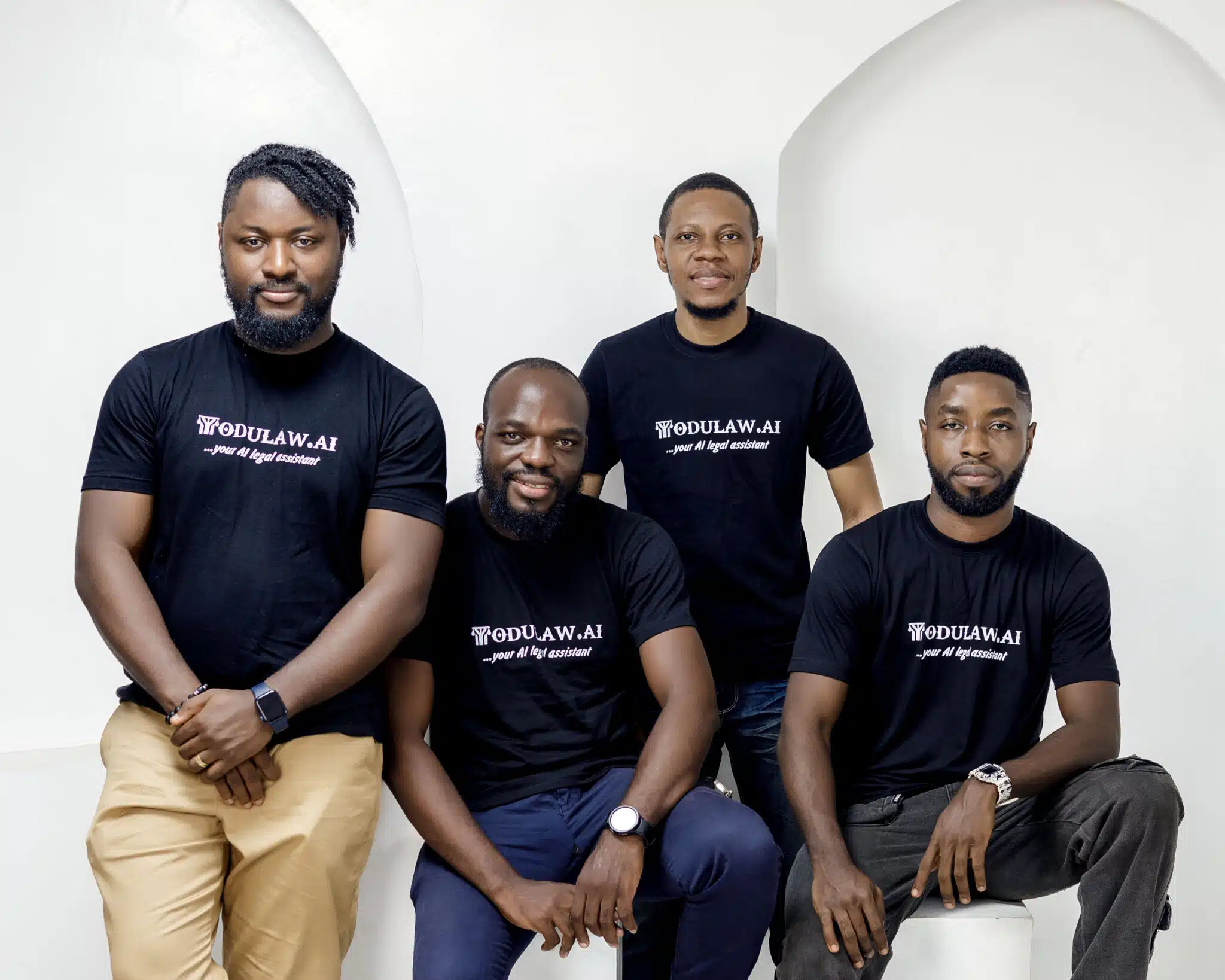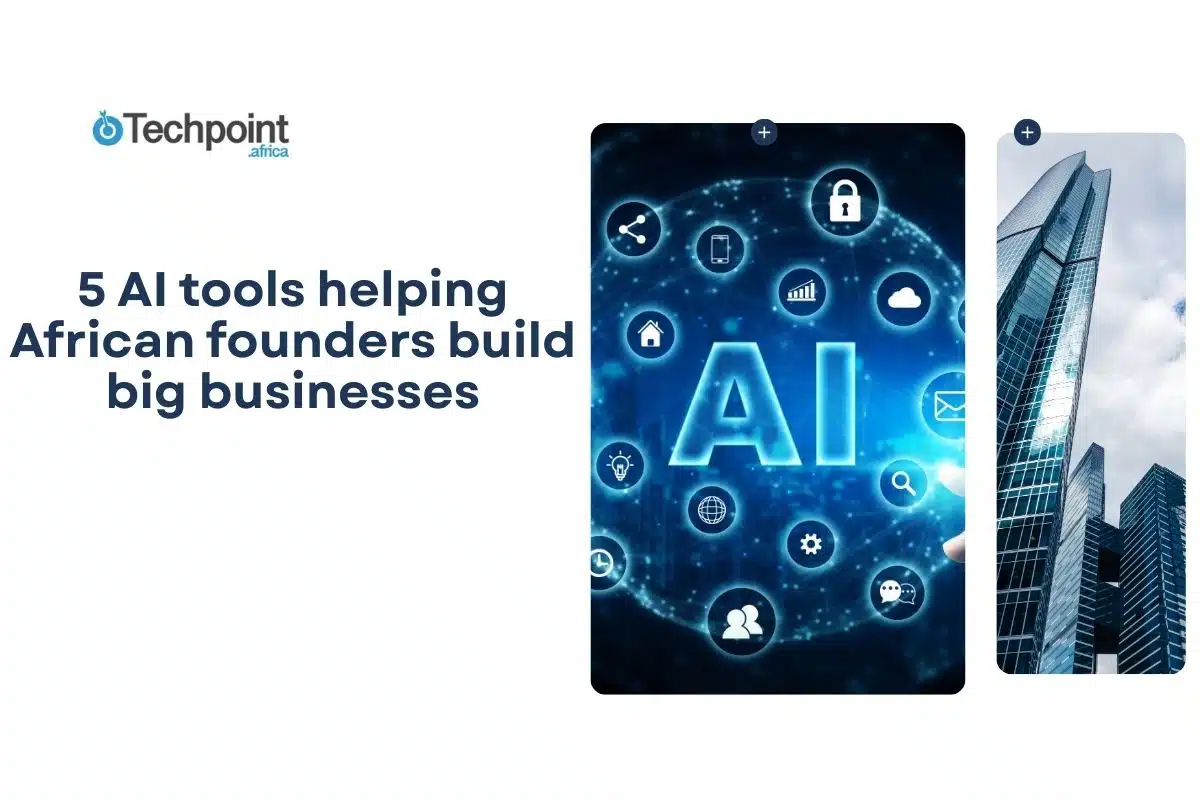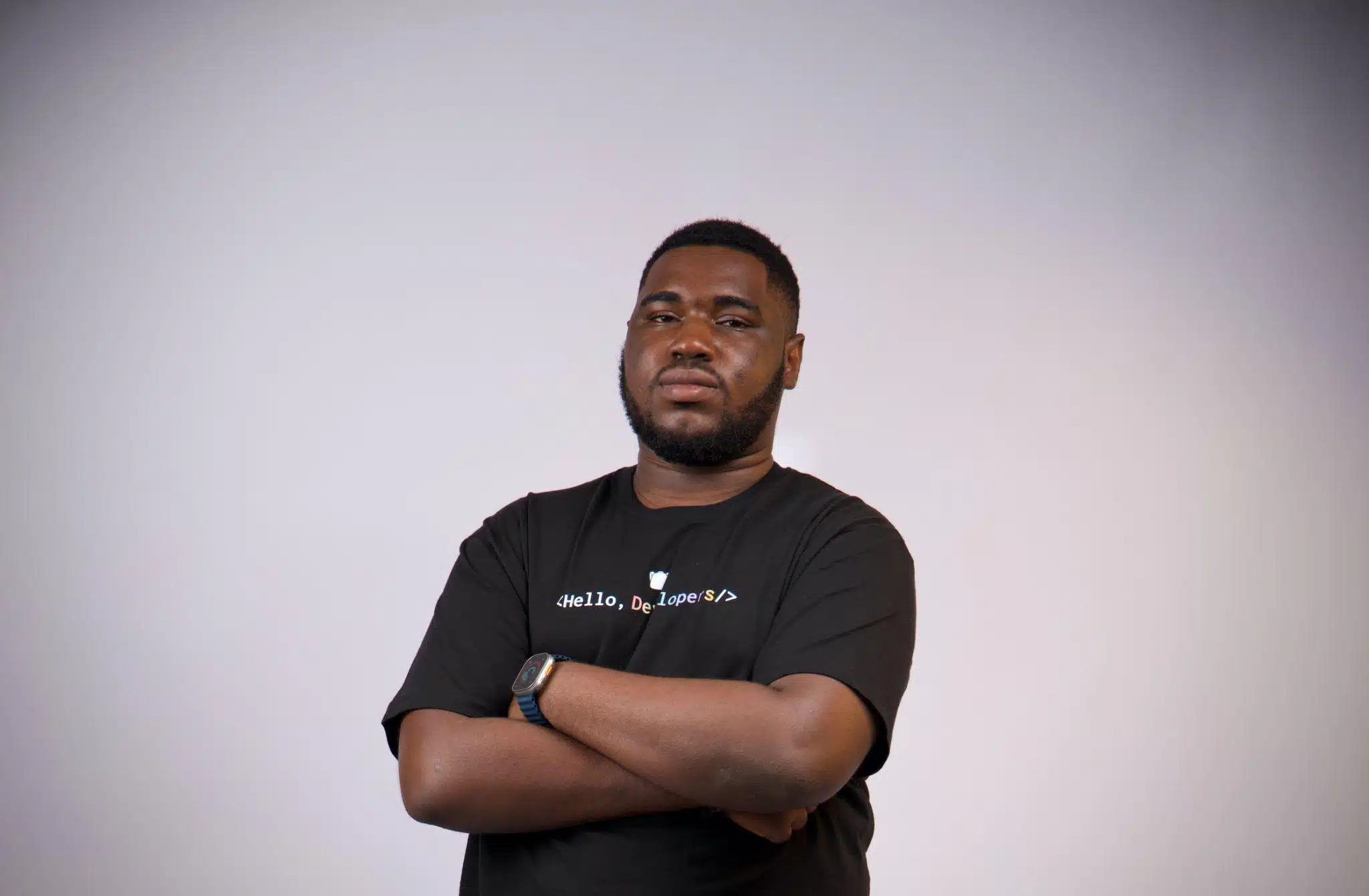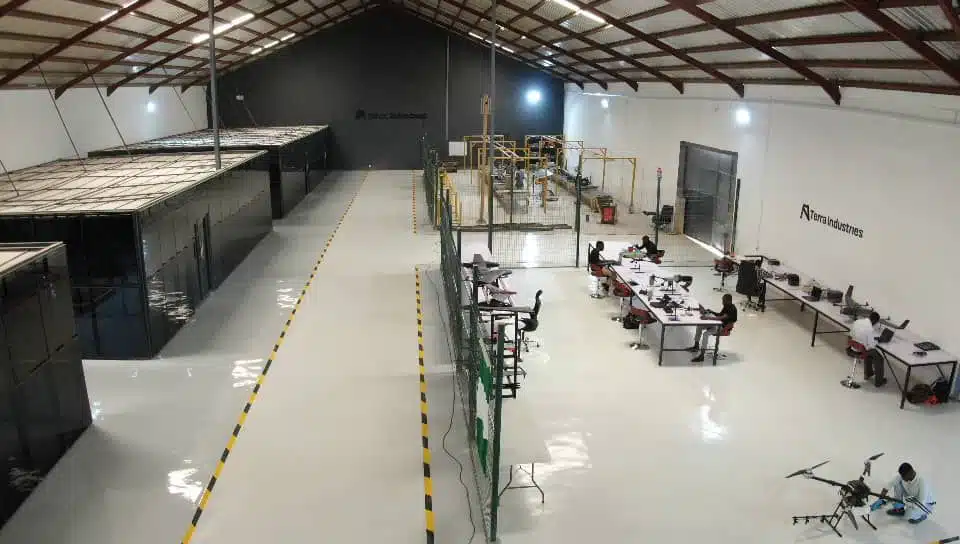At the recent Kora Sundown Session held on November 8, 2025, several executives from companies, including PiggyVest, Quidax, and Onus Financial Services, shared insights into how they are using artificial intelligence (AI) to boost productivity and efficiency.
From creating bespoke AI tools to managing privacy concerns, these insights were shared during a panel session titled How AI Will Reshape Business Models in Africa.
Moderated by Techpoint Africa’s Chimgozirim Nwokoma, the panel featured Ugodre Obi-Chukwu, Founder and CEO of Nairametrics; Somtochukwu Ifezue, CEO of PiggyVest; Frank Atat, Industry Professional; Onyinye Olisah, CEO of Onus Financial Services; and Buchi Okoro, CEO of Quidax.
Ifezue disclosed that PiggyVest has grown threefold this year with the same number of employees, attributing the efficiency gains to automation.
“The team members are more productive because of AI, from engineering to customer service,” he said.
For Obi-Chukwu, who operates in the media space, AI’s influence has been even more profound.
“There’s been some disruption, but it has also been good. Today, it has made our reporting a lot more accurate. We can now go through a company’s financials in 30 minutes instead of two days.”
Why financial services companies need to be careful with AI

For companies like PiggyVest and Quidax, using AI is not straightforward, as it poses potential privacy risks to customers.
Okoro said that while employees are encouraged to use AI, there must be clear guardrails, which is why Quidax has an AI usage policy.
“Today, AI is still at a stage where it’s open to bad actors and malfeasance. If you expose a lot of confidential information to AI, there’s no telling how that could affect your customers. This is why a usage policy is important.”
Ifezue agreed, noting that PiggyVest addresses the same risk by building its own AI tools internally. From customer service to engineering, he said these tools are designed to encourage AI use while keeping customer data safe.
AI may take some jobs
“If you’re not scared as a knowledge worker when you look at the pace of AI development, then you’re not paying attention,” Okoro said.
According to him, the rapid evolution of AI could threaten job security. He cited an example of how an employee from the company’s finance department built a tool that now saves Quidax $15,000 annually.
“We call the tool Yoda, and in two weeks, every single person was using it to set goals, align goals, and track lead measures for the quarter.
“In one month, it went from being a lead measure tool to a full performance tool. It can analyse a person’s performance over the last three weeks and alert their manager if they’re likely to be a low performer for the quarter, so corrective steps can be taken.”
Okoro explained that given the promise of artificial general intelligence (AGI) and super intelligence, AI’s development — especially regarding employment and humanity as a whole — could be worrying.
Ifezue, however, expressed less fear about AI replacing jobs. For him, AI could actually make people better employees.
“You can read multiple books and learn multiple topics in a shorter time. This means you can provide more value wherever you work.”
This stance was echoed by Ifeanyi Nwunne, Creative Director of I.N Official Limited, and Yinka Ash, Founder and CEO of Ashcorp Group, during a fireside chat moderated by Dickson Nsofor, CEO of Kora.
“AI only threatens people who stop innovating,” Nwunne said. “Across fashion and other industries, it helps us work faster, visualise ideas better, and bring more precision to our craft. It’s not here to replace creativity but to amplify it.”
Building local AI infrastructure
Olisah, who shared similar sentiments, called on governments to create more localised AI databases in the country. She commended the Nigerian government’s recent moves around AI adoption and regulation.
Iyinoluwa Aboyeji, Founding Partner at Future Africa, also encouraged the founders present to go beyond fintech, noting that there’s much more to build. Citing projects like Itana, he said he is “back to building” even after co-founding three unicorns.
The evening ended with Kora’s presentation of its payment infrastructure, demonstrating how AI is being embedded in its processes and how its teams remain central to its value proposition.











